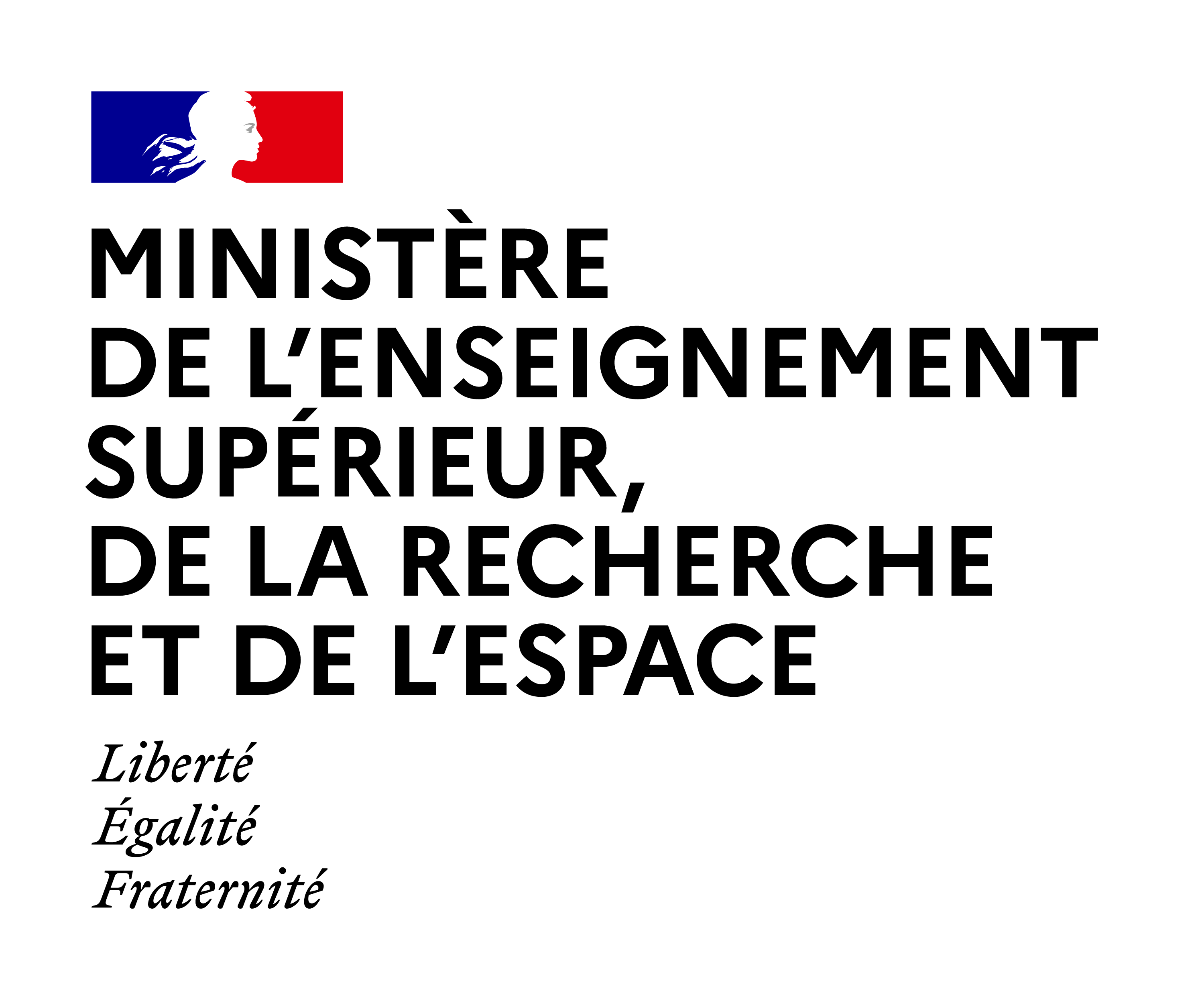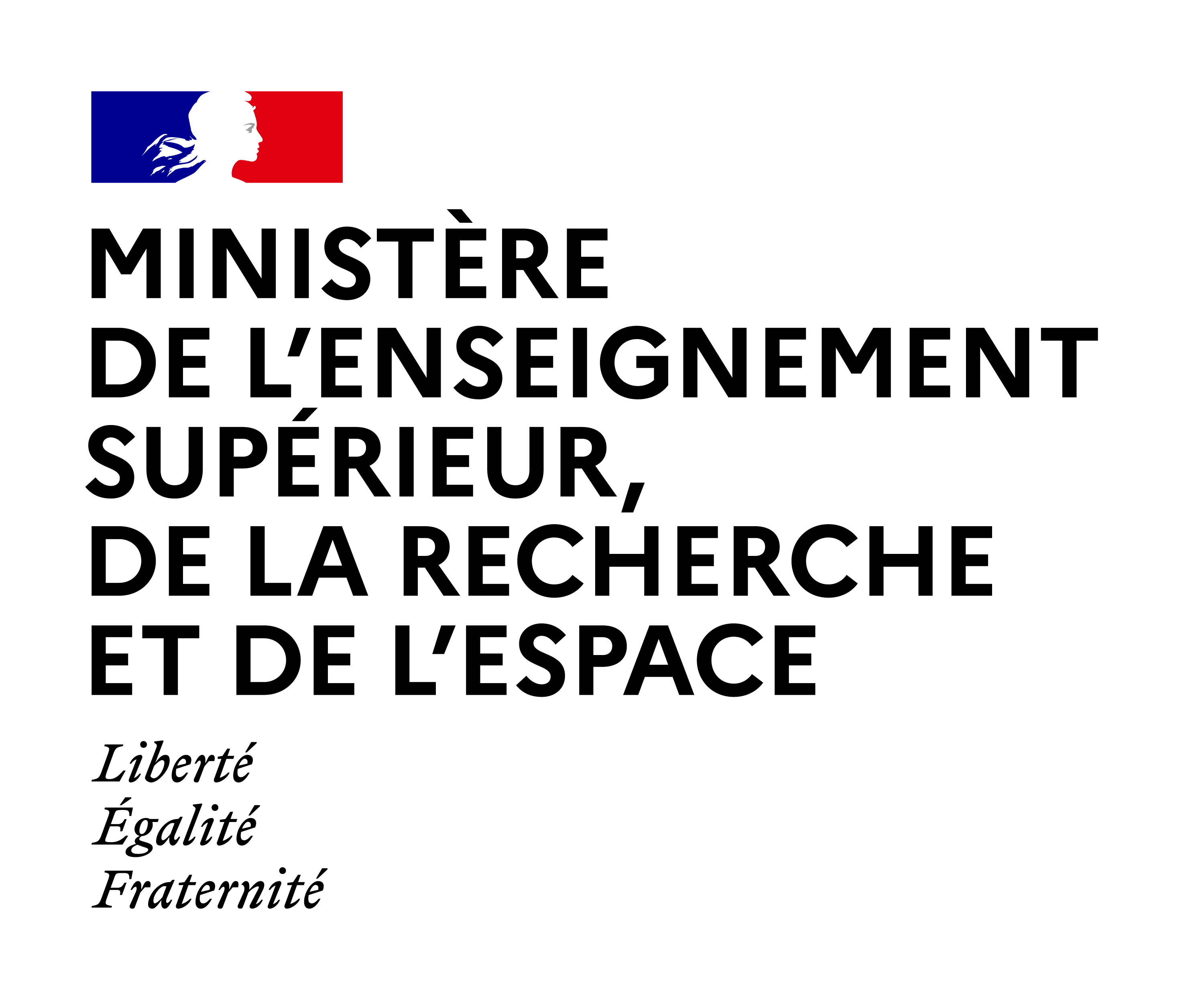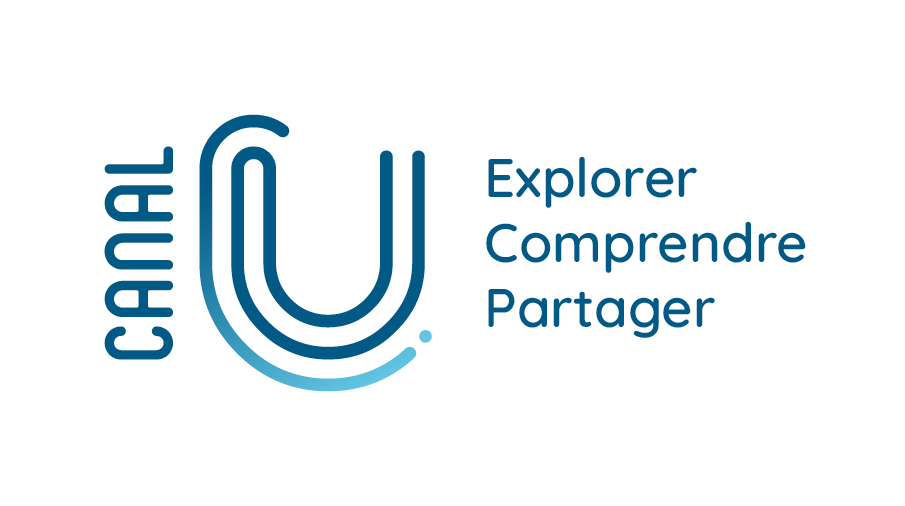
Sommaire
Monolingual and multilingual learners of French. What are the effects of language background on spelling? / Marie Bontemps
Date de création :
19.06.2017Auteur(s) :
Marie BONTEMPSPrésentation
Informations pratiques
Droits réservés à l'éditeur et aux auteurs. Tous droits réservés aux auteurs et à l'Université Toulouse Jean Jaurès.
Description de la ressource
Résumé
Monolingual and multilingual learners of French. What are the effects of language background on spelling? / Marie Bontemps, in colloque "Bilingualism vs. monolingualism: a new perspective on limitations to L2 acquisition" organisé par le laboratoire Octogone-Lordat sous la responsabilité de Barbara Köpke (UT2J), Holger Hopp (Technische Universität Braunschweig), Tanja Kupisch (Universität Konstanz), Université Toulouse Jean Jaurès, 19-20 juin 2017. For an optimal learning of the written language, children have to master the oral language (Ouelette & Sénéchal, 2008). However, some studies show that multilingual children, who fully master their second language, encounter more difficulties at school, in particular on reading (Han, 2012). Teachers tend to categorize children from bi-/multilingual families as being at risk for writing delays (Kolne et al, 2016). However, evidence shows that bilingualism might not have a negative impact on decoding or spelling abilities (Bialystok et al, 2012). The purpose of this study is to evaluate the impact of oral language background and language behaviour at home, or parental education have on spelling in beginning writers of French. This study examined spelling knowledge using the BELO (George & Pech-Georgel, 2006) in 73 children (Table 1) at the end of 2nd grade. These children were recruited from the French public school system in a suburb of Montreal, and exhibited a wide range of immigration and linguistic profiles. Based on previous research (Han, 2012) we expected that slight differences between multilingual (MUL who speak at least another language 10% to 100% of the time at home) and French monolingual (MON) participants would be seen on spelling errors. A telephone interview was conducted with parents to obtain demographic, literacy, health and language information via standard questionnaires. This interview served to identify parental education level, the number of spoken languages at home, languages spoken by siblings and exposure to the French language. To describe the spelling errors found in the test, we developed an analytical framework of spelling errors. These were grouped as phonological, lexical or morphological. These data were then correlated with 1. parental education, 2. exposure to languages other than French, 3. number of spoken languages at home or 4. number of languages spoken by siblings (Table 1). Results show no correlations between spelling abilities and the above-mentioned measures. Regardless of background, all children produce similar types and numbers of spelling errors. We thus realised another analysis for spelling errors on the BELO. Based on average number of errors two groups were formed; the first includes children within the average (AVR) and the second, those below 1.5SD (DIFF). The DIFF group make many more errors than the AVR group, X2(2, N = 1187) = 58,24, p < .001 (Table 2). But also, make atypical spelling errors signaling potential pathological behaviour. Error patterns will be discussed in our presentation.
"Domaine(s)" et indice(s) Dewey
- Bilinguisme, multilinguisme (404.2)
Domaine(s)
- Langues
Intervenants, édition et diffusion
Intervenants
Édition
- Université Toulouse-Jean Jaurès-campus Mirail
Diffusion
Document(s) annexe(s)
- Cette ressource fait partie de
Fiche technique
- LOMv1.0
- LOMFRv1.0
- Voir la fiche XML




